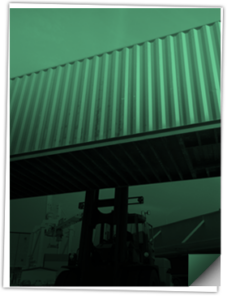Prior Disclosure in U.S. Customs Explained
What is Prior Disclosure?
Prior Disclosure is a voluntary program offered by U.S. Customs and Border Protection (CBP) that allows importers, exporters, or customs brokers to proactively report violations of customs laws before CBP discovers them. If accepted, the filer may avoid severe penalties and instead face only the duties and fees owed—often with reduced or waived fines.
Prior disclosure is most commonly used for issues like misclassification, undervaluation, false origin claims, or failure to file required documentation.
Key Benefits of Filing a Disclosure
- Avoids higher civil penalties if CBP discovers the violation first
- Demonstrates good faith and cooperation with customs authorities
- Limits liability to unpaid duties, taxes, and fees, with minimal penalties
- Can protect a company’s reputation and maintain trade privileges
What’s Required in a Prior Disclosure?
- A written submission to CBP before an investigation begins
- A detailed explanation of the violation
- Identification of the individuals and transactions involved
- A tender of unpaid duties and fees, or an agreement to calculate and pay them later
Example in Practice
An importer discovers it has been underpaying duties due to incorrect HTS classifications used for over a year. Before CBP identifies the issue, the company files a prior disclosure, pays the underpaid duties, and avoids more serious penalties.



